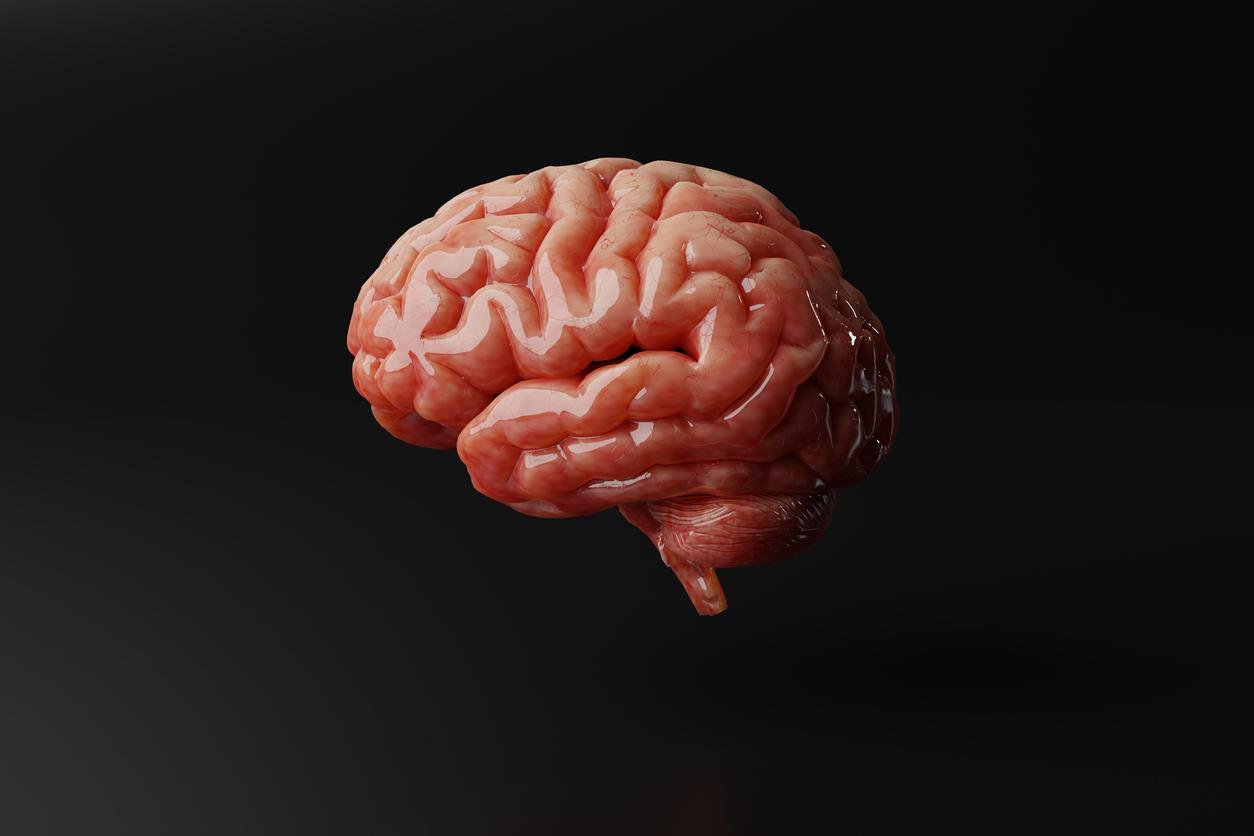A pig’s brain was “kept” alive outside its body for five hours, providing new insights for human health research.

- A new system has made it possible to isolate the brain from the rest of the body using an artificial pump which takes care of its blood supply.
- “This new technique makes it possible to conduct research on the brain independently of the body, which allows us to address physiological issues in a new way,” said Dr. Juan Pascual, director of research, in a press release.
- Scientifically, the brain constitutes a major challenge because it still contains mysteries.
A pig’s brain was “kept alive” out of his body for five hours thanks to a new machine developed by scientists at UT Southwestern Medical Center.
A new system made it possible to isolate a pig’s brain from the rest of its body
The new system makes it possible to isolate the brain from the rest of the body using an artificial pump which takes care of its blood supply. The device can subtly change blood composition and adjust its flow rate based on a range of variables, including blood pressure, temperature, oxygenation and nutrients. This is possible thanks to a computerized algorithm that monitors brain function.
In this experiment, the system was tested on the brains of domestic pigs. Once the device was plugged in, the animals’ brain activity was monitored using electrocorticography.
According to the researchers, brain activity underwent little or no change during the five hours the brain was isolated from the rest of the animal’s body.
Why isolate a pig’s brain from the rest of its body?
“This new technique makes it possible to conduct research on the brain independently of the body, which allows us to respond to physiological problems in a new way,” Dr. Juan Pascual, research director and professor of neurology, pediatrics and physiology at UT Southwestern, said in a press release.
The scientists behind this device believe that it could make it possible to understand how certain areas of the brain function independently of the influence of the body. They have already used their machine to study the effects of hypoglycemia on the brain.
The researchers also want to use their system to maintain blood circulation during heart surgery and transplants.
Summary of their experience is published in the journal Scientific Reports.
The human brain still contains mysteries
The human brain and spinal cord constitute the central nervous system, capable of integrating information, controlling motor skills and carrying out cognitive functions.
“Scientifically, the brain constitutes a major challenge because it still contains mysteries concerning its development, its functioning and its faculties of adaptation. Today’s medical challenge is to understand the brain in the context of neurological diseases (Alzheimer’s, Parkinson’s, ALS, multiple sclerosis, epilepsy, etc.) or psychiatric disorders (depression, schizophrenia, autism, OCD, etc.) to develop the treatments of tomorrow.” precise the Brain Institute.















